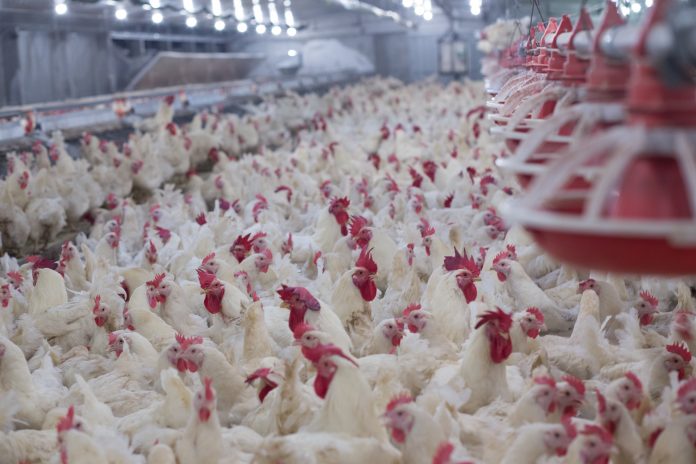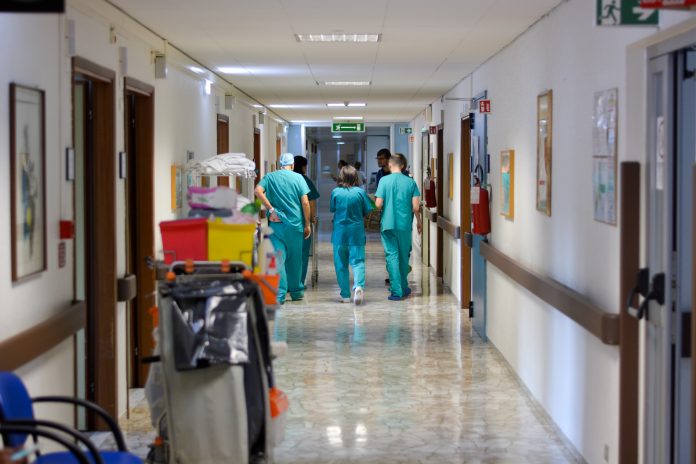Open Access Government produces compelling and informative news, publications, eBooks, and academic research articles for the public and private sector looking at health, diseases & conditions, workplace, research & innovation, digital transformation, government policy, environment, agriculture, energy, transport and more.
Home Search
lead - search results
If you're not happy with the results, please do another search
Why is smartphone addiction on the rise, and are you being affected?
With 6.3% of the population currently suffering, Dr Deborah Lee, Dr Fox Online Pharmacy, explores and examines concerns around smartphone addiction (SMA).
The role of hydrogen in the UK’s transition to net zero
Dr Dustin Bauer, Associate, with Georgina Ainscow, Partner, discusses the role of hydrogen in the UK’s transition to net zero.
The power of VDI in 2023’s evolving business landscape
Businesses need to ensure they can provide a better experience for employees without compromising the security of their digital assets - can Virtual Desktop Infrastructure (VDI) be the key?
How to leverage social value to win public sector contracts
How can businesses leverage social value to attract and retain customers and win public sector contracts in 2023.
We need to rethink food security
Lindsay Duncan, Farming Campaigns Manager, World Animal Protection, explains why we need to rethink food security.
AI machines could report illegal wildlife trade
Illegal wildlife trade commonly takes place in online marketplaces on the internet, involving anything from advertising to selling live animals or animal products.
Inflation in the NHS: How do we better allocate capital funding?
Rising costs of living severely affect the NHS and the health sector, but can efficient capital funding mitigate soaring inflation?
Can clay be used for carbon capture?
Sandia chemical engineer Tuan Ho has led a team investigating the possibility of using clay for carbon capture.
Lion’s mane mushroom improves memory and nerve growth
A research team from the University of Queensland have found the active compound from an edible lion's mane mushroom that improves memory and boosts brain cell growth.
The continuous process to produce sodium bicarbonate crystals
Here, Professor Patricia Luis (1,2) from UCLouvain explains how integral CO2 capture is along with the production of sodium bicarbonate crystals in reducing global emissions.
Using AI, analytics and machine learning to improve NHS wait times
The country is struggling with extended NHS wait times for treatments, but new artificial intelligence and analytic solutions could be used to help resolve the crisis.
Understanding back pain: demystifying myths and fears
Hamilton Hall MD FRCSC, Executive Director, Canadian Spine Society/Back Care Canada, helps us to understand back pain, leg pain and how to manage the problem.
Can companies regulate employees’ messaging apps for safety?
The use of messaging apps has become a part of daily life in many workplaces – but sharing sensitive data poses a major compliance risk for organisations.
Colonial bias evident in fossil research
The colonial bias permeating history and global economics is felt heavily in the fossil record, which documents the history of life on Earth.
Investing in people, with a focus on public-sector IT professionals
Why investing in people, and especially public-sector IT professionals, will benefit your workforce and wider society, as explained by Sascha Giese.
Enhancing the use of data – do you know your strategic priorities?
Solutionpath’s Rachel Maxwell considers the importance of knowing your strategic priorities when deploying student engagement analytics within a university.
UK citizens’ interests towards sustainable practices on the rise
The COVID-19 pandemic has given the world a wake-up call about the environment and sustainability, and the UK is no exception.
Where next for the Levelling Up Fund?
Tom Stannard, Chair of the Institute of Economic Development, ponders where next for the Levelling Up Fund.
PKG (Personal Kinetigraph): Helping my Parkinson’s Disease patients
Parkinson’s Disease affects all activities of patient daily living but PKG can help.
Tom Stannard – Institute of Economic Development (IED)
Tom Stannard is Chair of the Institute of Economic Development, the UK’s leading professional body for economic development and regeneration professionals





















